Two words that sunk Novak Djokovic’s visa chances
For a moment it looked like Novak Djokovic had beaten Australia’s immigration system. In reality, he’d already blown it and two words proved why.

When, last Monday, world No. 1 tennis player Novak Djokovic had his visa reinstated by the Federal Court he could have been forgiven for thinking he’d come from behind to score a historic victory against the Australian government, just as he had done many times on the court.
But in reality it was a pyrrhic victory, a leading barrister has told news.com.au.
His days were numbered in Australia and it was almost certain he wasn’t going to be able to defend his title in 2022.
The Government’s somewhat messy and convoluted triumph over Djokovic came down to two words: “God powers”.
That’s the term used in the legal profession to describe the extraordinarily far reaching powers given to the Immigration Minister to decide who can remain in Australia – and who has to go.
Djokovic was no game, set or match for the Migration Act.
But, said Sydney lawyer Ian Neil SC, while Immigration Minister Alex Hawke may have been well within his rights to turf out Djokovic, just how broad his “life or death” decision can be should be debated.
“This case has shown everyone just how much power the Minister has in relation to decisions under the Migration Act, and how narrow the grounds of review are allowed”.
The Minister, for instance, could decide to free the 32 refugees and asylum seekers who shared the Park Hotel detention centre with Djokovic. Or the Murugappans – the so-called Biloela family – who have been stuck in immigration limbo since 2018. But Mr Hawke has so far chosen not too.
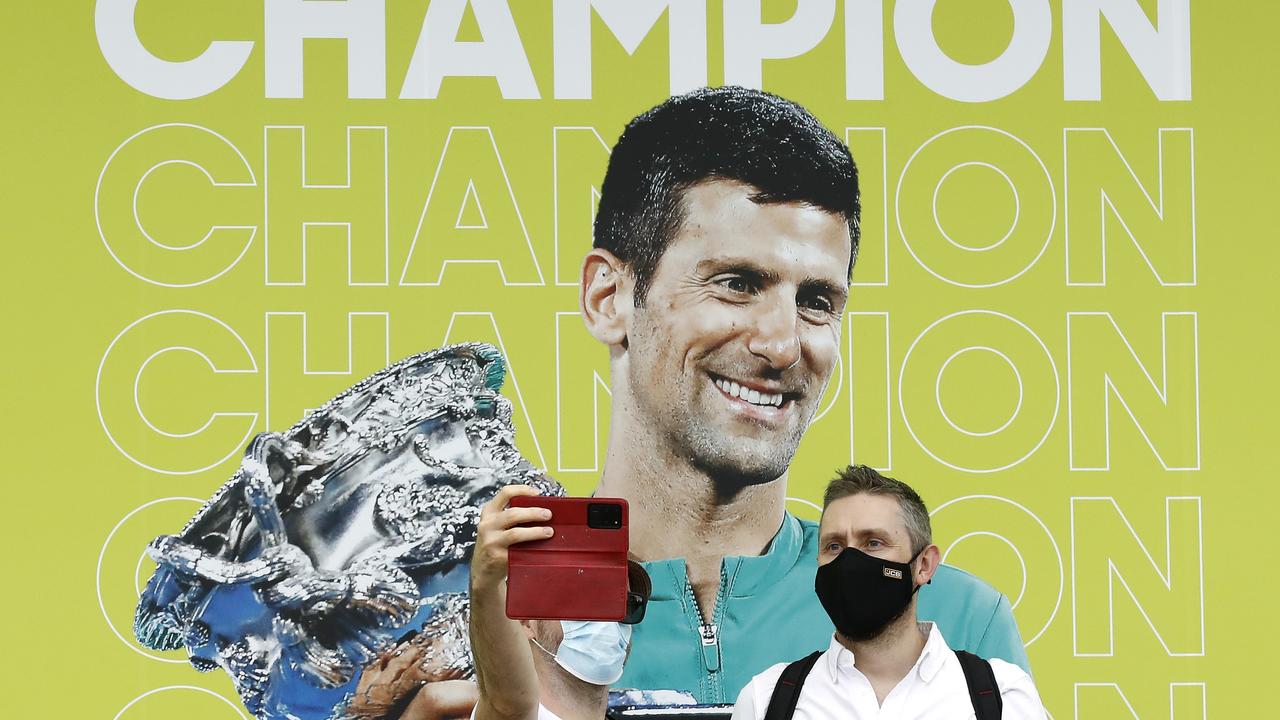
Why Djokovic was victorious initially
That Djokovic seemed to win in court only to lose less than a week later has perplexed many not fully versed in the Migration Act of 1958.
“The fact there were two decisions is where a lot of the confusion has come from,” said Mr Neil.
“But the power that was exercised in relation to both decisions was essentially the same.
“It’s a power that the Minister or the Minister’s delegate (such as a Border Force agent) has to cancel a visa – even, as in this case, of a visa issued by their own government.”
If it weren’t for an error at customs at Melbourne’s Tullamarine Airport on Thursday January 6, the whole Djokovic saga could have been over in less than 24 hours. He could have been on the next plane to Belgrade.
Djokovic had arrived late the night before and the next morning was told his visa was cancelled because he was neither vaccinated nor did he have a valid medical exemption to being vaccinated.
But Border Force officials made an error.
Djokovic claimed he was told by staff that he had until at last 8.30am on January 6 to contact his legal team and respond to the decision to deport him. But his visa was cancelled at 7.42am.
At a hearing last Monday, Judge Anthony Kelly of the Federal Court said it was “unreasonable” for the ABF to not give him adequate time to respond.
The visa cancellation was quashed. Djokovic was free to leave detention.
But not for long.
“That left the ground clear for the Minister to make another decision, a separate decision,” said Mr Neil.
That came four days after Djokovic was freed, on Friday.
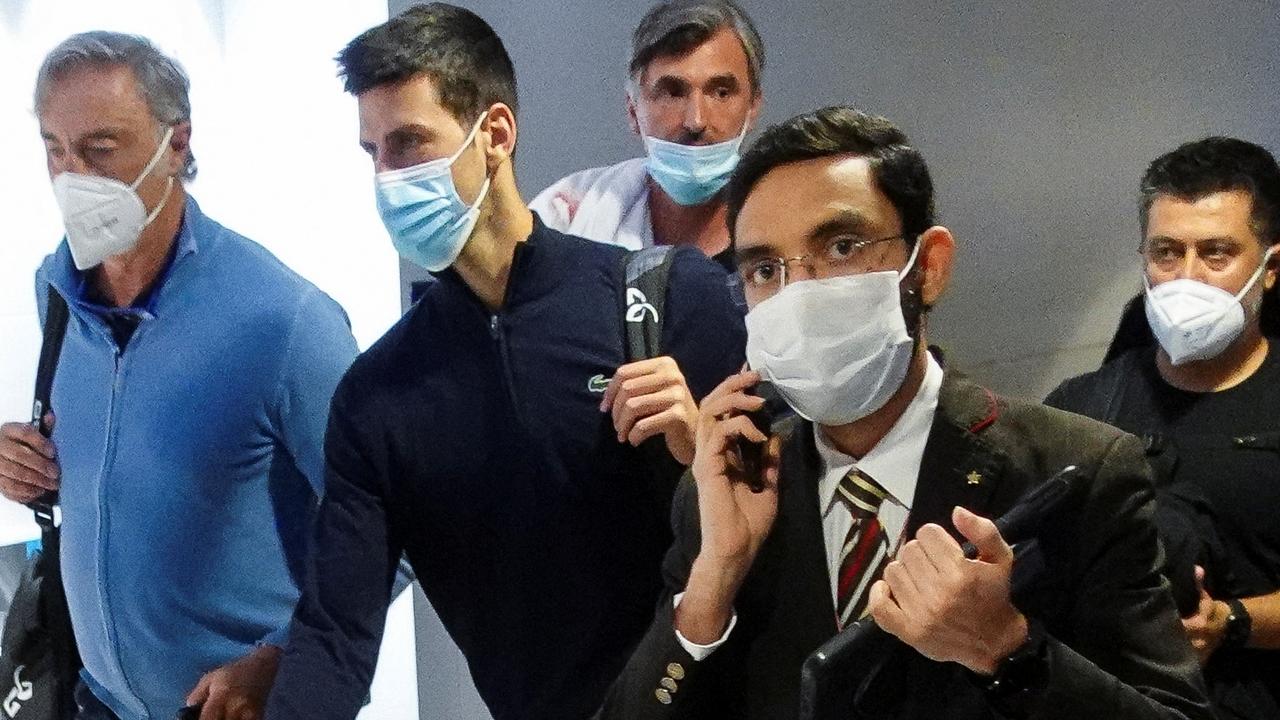
Minister’s ‘god powers’ when it comes to visas
Minister Hawke again cancelled the Serb superstar’s visa – but this time the grounds were nothing to do with whether or not he had an exemption or the risk he posed to the community.
It was instead due to “a risk to the health, safety or good order of the Australian community”.
Djokovic might serve, as Government solicitor Stephen Lloyd QC put it on Sunday, as an “icon” for the anti-vaccinated.
“It wasn’t so much that previously they were weak grounds, but that the (new) grounds were ultimately more reliable,” said Mr Neil.
“The Minister was able to argue: ‘I had material before me that supported that view. You – the courts – don’t have jurisdiction to inquire into that view or even whether it is a logical view. Your only jurisdiction is to inquire into whether those views are so unreasonable, as to believe them to be legally unavailable’.
“And that’s an incredibly difficult and stringent test to satisfy.”
These are what is often referred to as the “god powers”.
“They’ve attracted that sobriquet because they have essentially been rendered unreviewable by the courts except on the narrowest grounds.
“These are the very same powers that have resulted in the detention of so many people.”
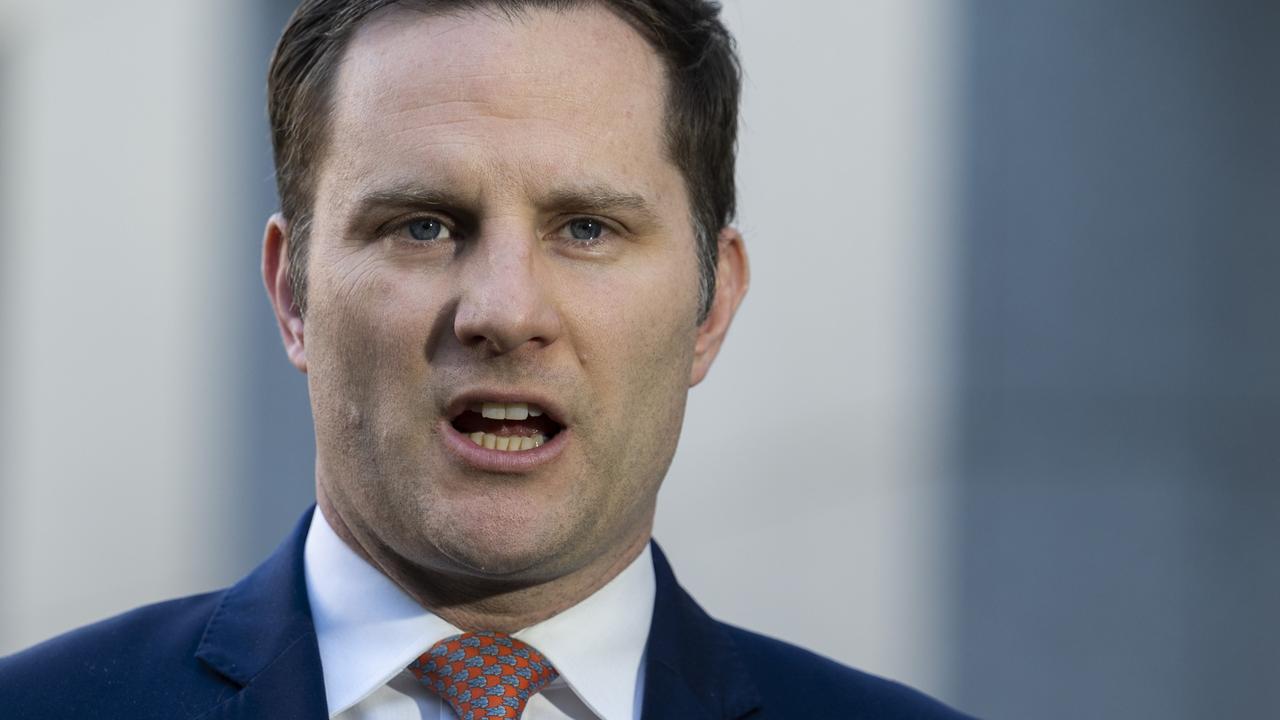
Why Djokovic lost on Sunday
Indeed, when Justice James Allsop handed down the full bench of the Federal Court’s decision on Sunday he remarked on this point.
“These grounds focus on whether decision was, for different reasons, irrational or legally unreasonable,
“It is no part or function of the court to decide upon the merit or wisdom of the decision.”
Djokovic’s lawyers knew the odds were stacked against them and so tried their hardest to portray Minister Hawke’s decision as “irrational”.
The tennis champ’s lawyer Nick Wood QC, said the word “irrational” multiple times as he fought his client’s deportation.
Chiefly, he said it was “irrational” for the Minister to suggest Djokovic’s presence in Australia would stir up anti-vax sentiment but to not consider that his deportation could lead to exactly the same outcome.
But the legal pathway was narrow and Team Djokovic could not squeeze through it.
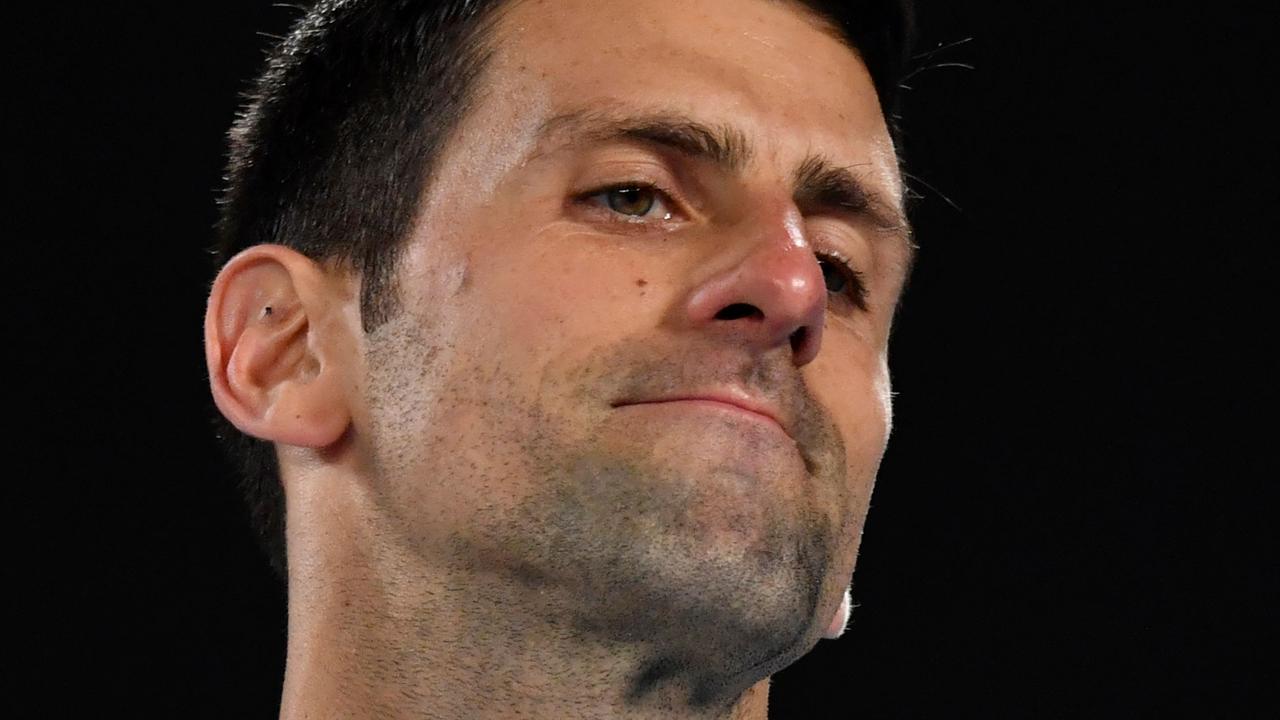
The legal pathway Djokovic didn’t pursue
Despite the loss on Sunday, Djokovic could have tried to take his case to the High Court.
“But you can only get to the High Court with special leave. There has to be some point of general importance and it was difficult to see that in this case,” said Mr Neil.
So Djokovic’s grand slam dream came to a dramatic end before the first match of the Australian Open was even played.
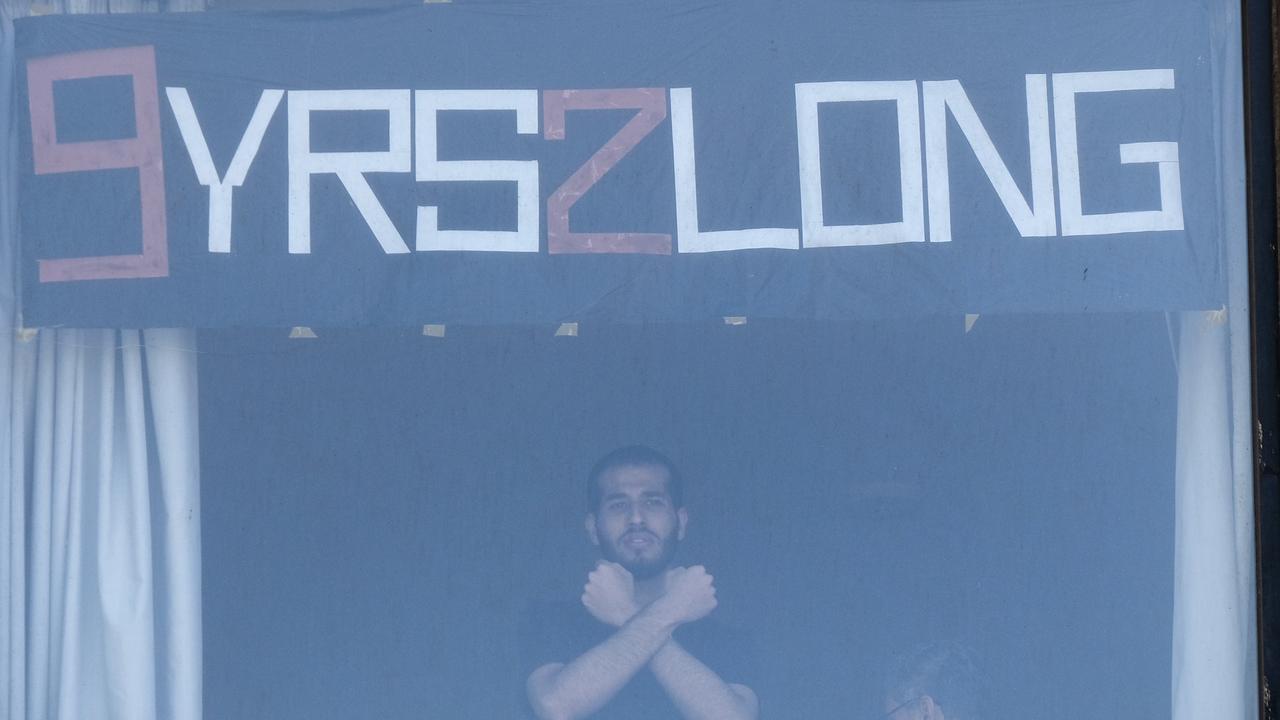
The troubling problem Djokovic saga highlights
Mr Neil said the whole episode highlighted the immense breadth of the minister’s God-like powers.
Australia is not alone in giving their immigration ministers such clout, he said, “but we do stand out in our determination to do as much as possible to keep the merits of these decisions away from the courts”.
“Regardless of whether one thinks those powers should have been applied to Mr Djokovic or whether one supports or opposes the decision to cancel his visa, it does remain a feature of the Migration Act that can be applied to many people.
“That includes refugees, asylum seekers and others for whom these decisions are a matter of life and death.”
Mr Neil said it was the job of ministers to make decisions in the first instance.
More Coverage
“But should those decision be reviewable on wider grounds by Commonwealth courts and tribunals?
“My hope is that now Djokovic is gone we don’t lose sight of those questions.”
Mr Hawke has another god like power up his sleeve. Those deported often can’t return to Australia for three years. But he is within has rights to waive that penalty should a certain superstar Serb wish to return to Melbourne Park this time next year for a game of tennis or two.





